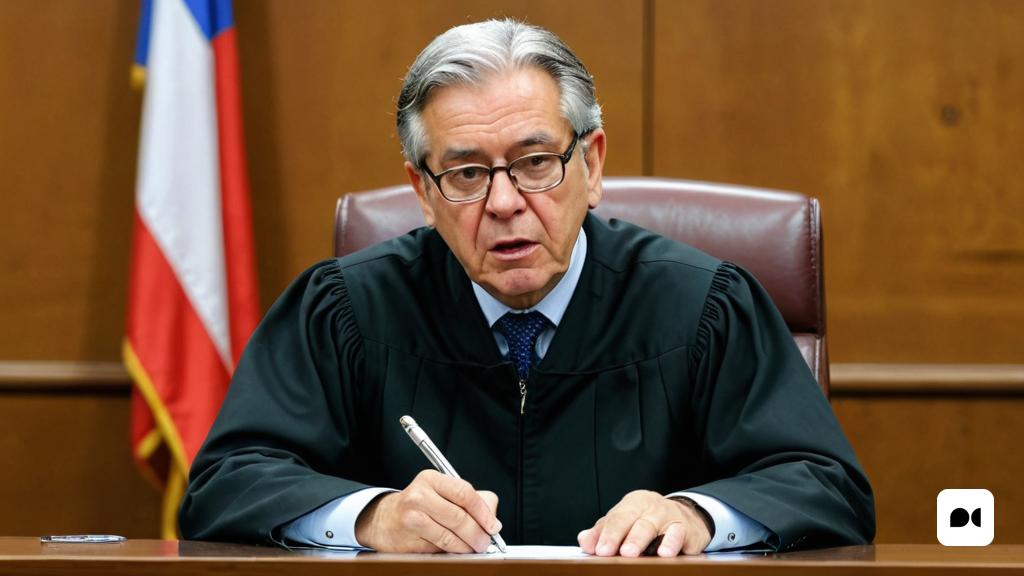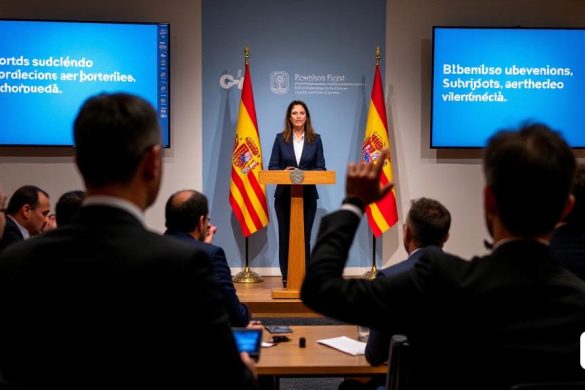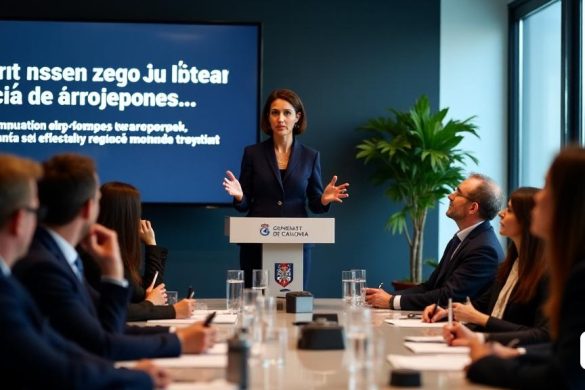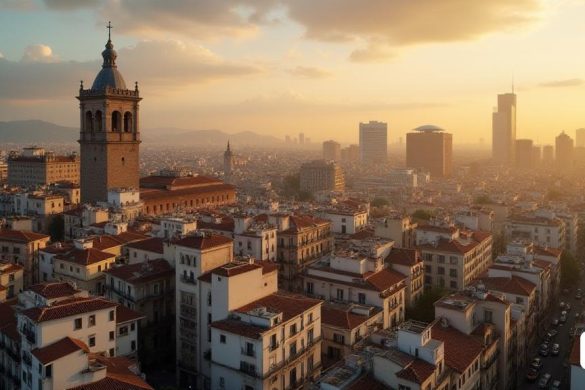Context of the Volhov case
The investigating judge in the Volhov case, Joaquín Aguirre, has been recorded in a conversation in court premises in which he makes forceful and compromising statements. In the recording, Aguirre refers to the alleged Russian plot in the Procés in terms that show a political bias in the investigation of the case. The recording has been published by Canal Red, directed by former vice president Pablo Iglesias.
Controversial statements from the judge
In the recording, Aguirre assures that the amnesty will be the grave of the Pedro Sánchez government and that it was because of him that the first ruling of this law was rejected last January. In addition, he uses foul language when referring to the government, which has generated controversy.
Reference to ‘German television news’
The judge refers to a report on German public television in which he spoke about the alleged Russian plot and Russia’s attempt to infiltrate the Catalan independence political process. This intervention led to his challenge by Josep Alay’s defense, although it was rejected by the Court.
Attribution of the failure of the amnesty law
In another part of the recording, Aguirre takes credit for the failure of the first ruling of the amnesty law, ensuring that he fell for it. This occurred after the PSOE did not accept the latest Junts amendments and Carles Puigdemont’s party voted against the text in Congress.
Reactions and consequences
These statements have generated controversy and have led to the judge’s disapproval by the Manuel García-Castellón National Court. Furthermore, the impartiality of the Volhov case investigation has been questioned due to the political bias evidenced in the recording.
Conclusions
The recordings of the investigating judge in the Volhov case have revealed compromising statements that show a political bias in the investigation of the case. These statements have generated controversy and have led to the judge’s disapproval. The impartiality of the investigation of the case has been questioned due to these revelations.




